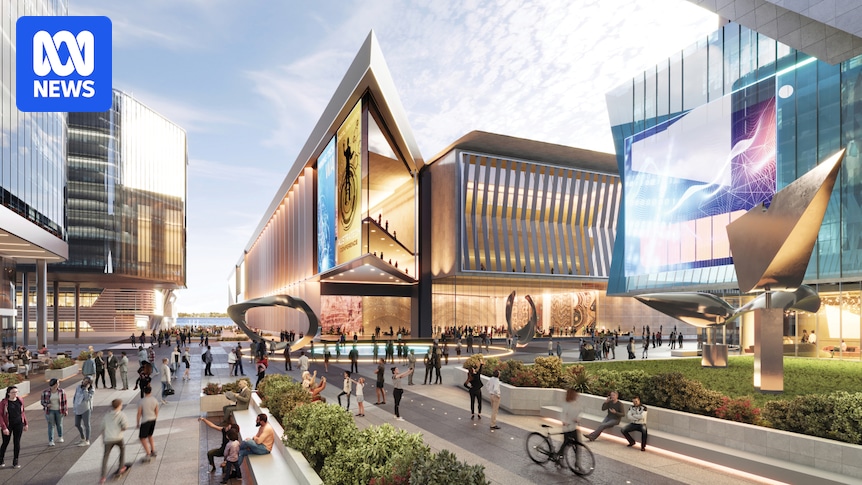
The Western Australian government has announced the cancellation of a planned upgrade to the Perth Convention and Exhibition Centre (PCEC), redirecting funds to critical healthcare projects. The decision, revealed on Thursday, reallocates the project’s budget of at least $1.6 billion towards major hospital upgrades, despite previous investments of $35 million in planning the convention centre’s revamp.
The move will see the government take control of the privately owned St John of God Mount Lawley Hospital, adding up to 100 beds to the public health system. Additionally, a new facility will be constructed at the Peel Health Campus in Mandurah, and a six-storey block with a two-storey emergency department will be built at Royal Perth Hospital.
Government Defends Decision Amid Criticism
WA Premier Roger Cook defended the decision, stating that the PCEC upgrade would not have provided value for money. He emphasized the need for government to make tough choices, especially given the site’s engineering challenges. “We have to make choices, that’s what government has to do,” Cook stated during a press conference on Friday.
Despite criticism from business and tourism stakeholders, as well as opposition parties, Cook maintained that the decision was made in good faith, in consultation with stakeholders like the Wyllie Group, a leaseholder of the convention centre. “We’re all disappointed that we’ve come to the point we have,” he remarked.
Impact on Perth’s Infrastructure and Economy
The Deputy Premier, Rita Saffioti, previously described the PCEC as a “cockroach,” citing the potential negative impact of construction on road and rail infrastructure in the CBD. She expressed regret over the project’s cancellation, noting the extensive planning and effort that went into attempting to make it feasible.
Opposition Leader Basil Zempilas criticized the government’s decision, arguing that the redevelopment could have generated $180 million annually and attracted over 70,000 international and interstate delegates. He questioned the prioritization of other projects, such as the $217.5 million Burswood Racetrack and the establishment of an NRL team, over the PCEC upgrade.
“I’d love to see the three business cases for the rugby team, for the race track, and for the PCEC redevelopment laid out next to each other so that we could all decide with all of the information before us,” Zempilas stated.
Historical Context and Future Implications
The decision to cancel the PCEC upgrade marks a significant shift in the government’s approach to infrastructure development in Perth. Initially, the upgrade was seen as a necessary step to modernize one of Australia’s oldest and smallest convention centres. Premier Cook had previously championed the project, asserting that “our city deserves better than a shed on the river.”
However, the reallocation of funds to healthcare projects highlights the government’s prioritization of immediate public health needs over long-term economic benefits. This decision could impact Perth’s ability to attract large-scale business events, potentially affecting the local economy and tourism sector.
Looking ahead, the government’s focus on healthcare infrastructure may address pressing needs in the public health system, but it also raises questions about the future of other major projects. As the state navigates its budget priorities, the balance between economic development and essential services will remain a critical challenge.
As the debate continues, stakeholders and citizens alike will be watching closely to see how these decisions unfold and what they mean for the future of Western Australia’s capital city.







